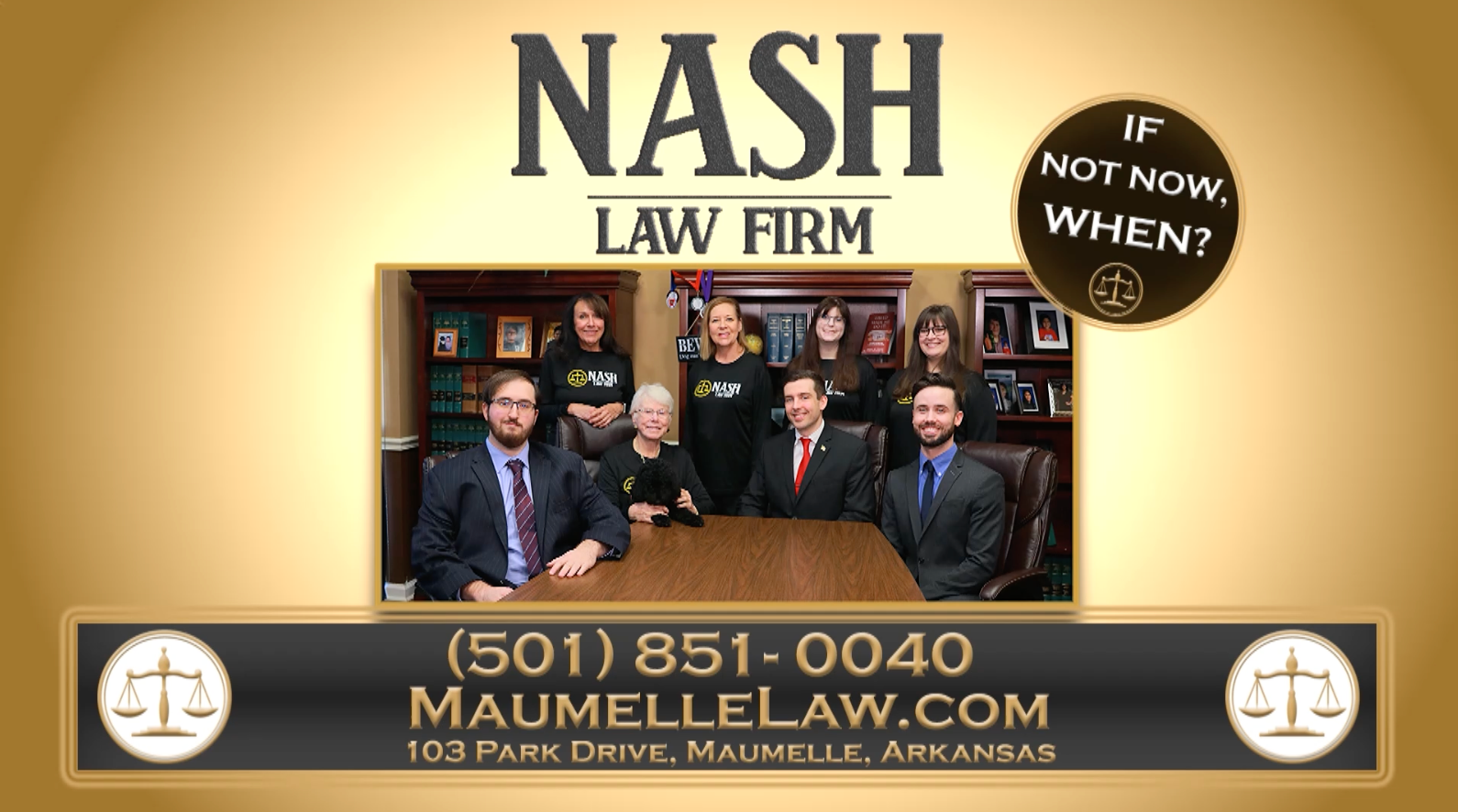Preserving the Family Home: Estate Planning Strategies for Seniors

For many seniors, the family home represents more than just a roof over their heads—it’s a cornerstone of family history, filled with memories and sentimental value. But as life changes, protecting this treasured asset becomes a key part of estate planning. Without a proper plan in place, your home could be subject to probate, Medicaid recovery, or disputes among heirs. Fortunately, there are effective strategies to ensure your home stays in the family.
Here’s a guide to estate planning tools that can help preserve your family home for generations to come.
1. Life Estate Deeds
A life estate deed allows you to transfer ownership of your home to a beneficiary (typically a family member) while retaining the right to live there for the rest of your life. Upon your passing, full ownership automatically transfers to the beneficiary, bypassing probate.
-
Benefits:
-
Ensures your right to live in the home for life.
-
Avoids probate, simplifying the transfer of ownership.
-
May protect the home from Medicaid estate recovery.
-
Considerations:
-
Once established, it’s difficult to revoke or change the designated beneficiary.
-
The beneficiary’s financial or legal issues (e.g., bankruptcy or divorce) could affect the property.
2. Irrevocable Trusts
Placing your home in an irrevocable trust can shield it from Medicaid recovery and ensure it’s distributed to your heirs according to your wishes.
-
How It Works:
-
You transfer ownership of the home to the trust.
-
A trustee manages the property on behalf of the beneficiaries.
-
Advantages:
-
Protects the home from creditors, lawsuits, and Medicaid recovery.
-
Avoids probate.
-
Things to Keep in Mind:
-
You relinquish direct control of the property.
-
The trust must be established outside Medicaid’s five-year look-back period to avoid penalties.
3. Transfer-on-Death (TOD) Deeds
A Transfer-on-Death deed allows you to name a beneficiary who will automatically inherit your home when you pass away, without going through probate.
-
Benefits:
-
Simple to set up and relatively inexpensive.
-
Maintains your ownership and control of the property during your lifetime.
-
Avoids probate and simplifies the transfer process.
-
Limitations:
-
Does not protect the home from Medicaid recovery.
4. Gifting the Home
Some seniors consider gifting their home to a family member outright. While this removes the property from their estate, it comes with significant risks.
-
Potential Drawbacks:
-
Medicaid’s five-year look-back period could result in penalties.
-
The recipient may face capital gains taxes if they sell the home in the future.
-
You lose control over the property once the gift is made.
5. Joint Tenancy with Rights of Survivorship
Adding a trusted family member as a joint tenant ensures that they inherit the property upon your passing without probate.
-
Advantages:
-
Simple way to transfer ownership.
-
Allows you to share ownership during your lifetime.
-
Disadvantages:
-
The joint tenant’s creditors could lay claim to the property.
-
Gifting half the property could trigger gift taxes.
Why Planning Is Essential
Without a clear estate plan, your home may become subject to probate, where a court oversees the distribution of your assets. Probate can be time-consuming, costly, and emotionally taxing for your heirs. Worse, if you’ve received Medicaid benefits, the state may attempt to recover costs from your estate, potentially forcing the sale of the home.
Proper planning can prevent these scenarios and ensure your home remains a cherished part of your family’s legacy.
How Nash Law Firm Can Help
Every family’s situation is unique, and the right strategy for preserving your home depends on your goals, financial situation, and health considerations. At Nash Law Firm, our experienced estate planning attorneys can guide you through your options and help you create a plan tailored to your needs.
Take the First Step Today
Your family home is too important to leave to chance. Protect it with an estate plan that aligns with your wishes and secures your family’s future. Contact Nash Law Firm today for a free consultation.
DISCLAIMER: The information provided on this website does not, and is not intended to, constitute legal advice; instead, all information, content, and materials available on this site are for general informational purposes only. Information on this website may not constitute the most up-to-date legal or other information. This website contains links to other third-party websites. Such links are only for the convenience of the reader, user or browser; the Nash Law Firm does not recommend or endorse the contents of the third-party sites.
Readers of this website should contact their attorney to obtain advice with respect to any particular legal matter. No reader, user, or browser of this site should act or refrain from acting on the basis of information on this site without first seeking legal advice from counsel in the relevant jurisdiction. Only your individual attorney can provide assurances that the information contained herein – and your interpretation of it – is applicable or appropriate to your particular situation. Use of, and access to, this website or any of the links or resources contained within the site do not create an attorney-client relationship between the reader, user, or browser and website authors, contributors, or Nash Law Firm.









![Nash Law Firm Logo [click to return home] Nash Law Firm](https://lirp.cdn-website.com/8c4d5b2c/dms3rep/multi/opt/nashlogo_colorgray_horz-1920w.png)


![Nash Law Firm Logo [click to return home] Nash Law Firm Logo](https://lirp.cdn-website.com/8c4d5b2c/dms3rep/multi/opt/nashlogo_whgold_horz-1920w.png)

